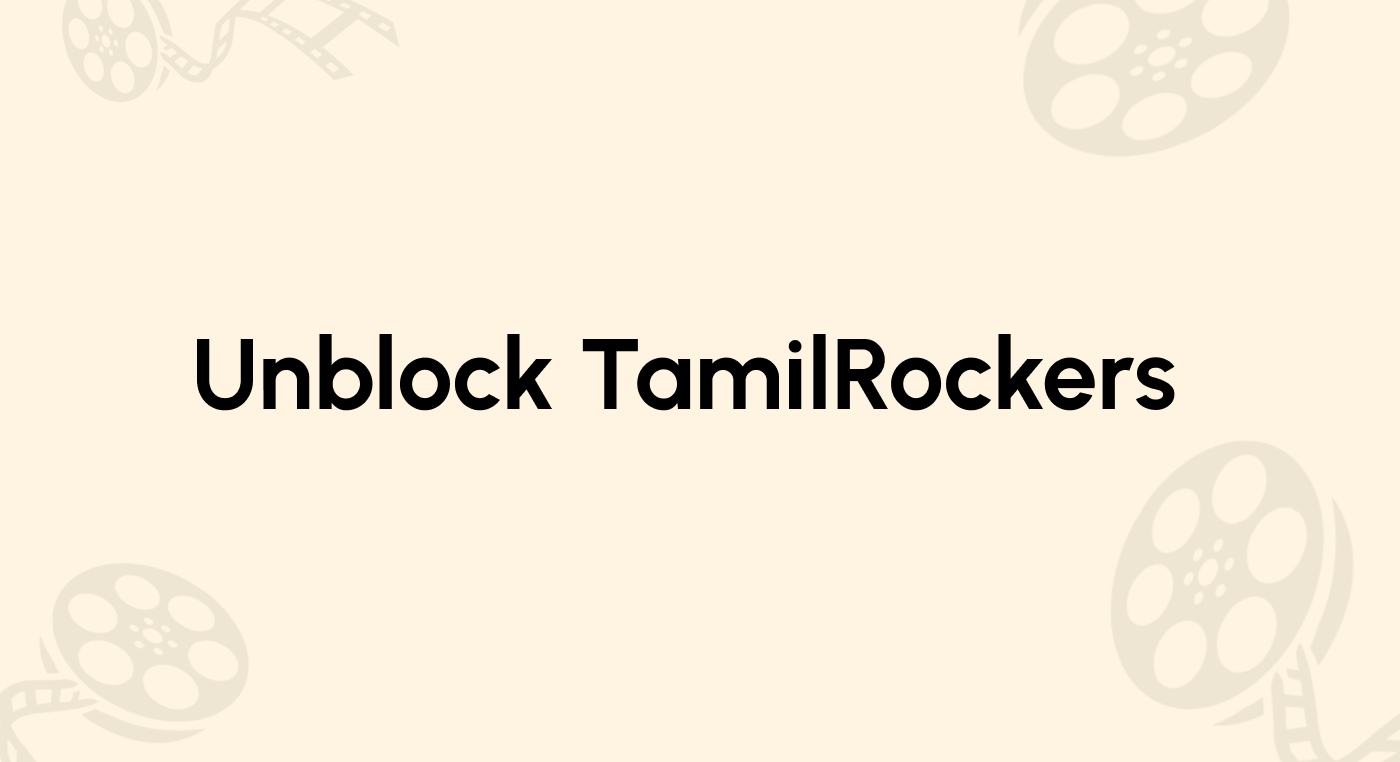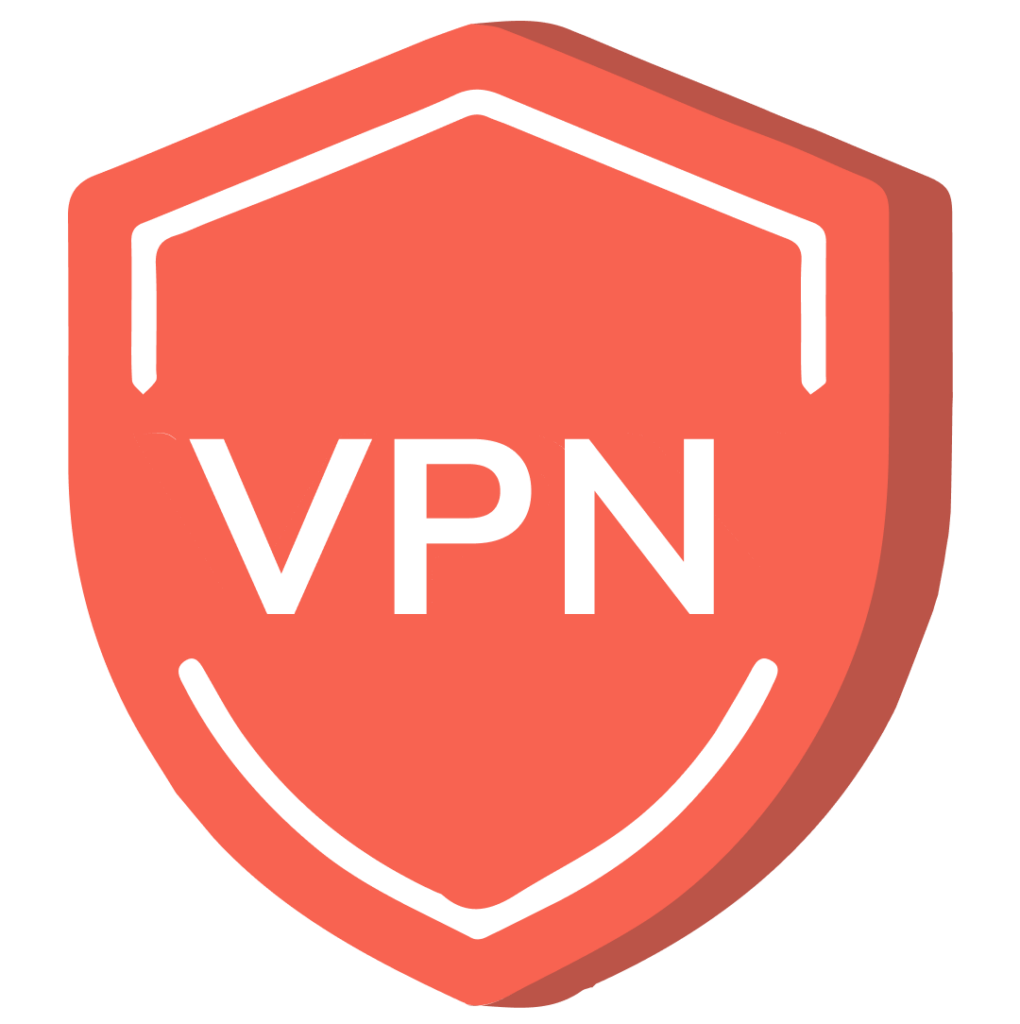
You might wonder, “Is VPN even legal in Canada?” Yes, it is. You will not get into trouble for using a VPN in Canada to bypass content restrictions and censorship, as it is entirely legal.
Canada does not top the list when you think of censorship. Still, with the introduction of Bill C-11, Internet Service Providers must monitor your activities online to ensure that you do not breach copyright regulations.
This article explains the meaning of this bill for internet users in Canada and provides ways to bypass this censorship.
How to evade Canadian censorship – Quick steps
- Subscribe to a robust VPN with multiple servers like NordVPN.
- Download and install the NordVPN application on your device.
- Login and connect your device to a server other than Canada.
- Access the website or content you want anonymously.
Canada and media censorship
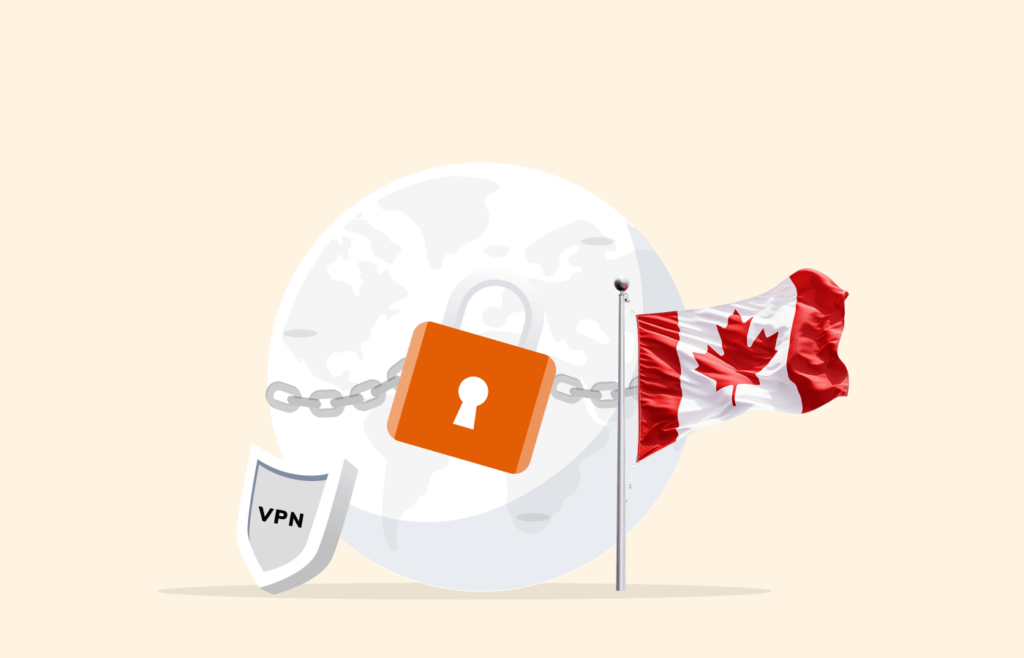
Canada believes freedom of speech is essential to a prosperous and safe society. According to Freedom House, an international watchdog organization, “Canada has a strong history of respect for political rights and civil liberties.”
However, freedom of speech does not translate to any absence of censorship. The recent Bill C-11, the updated version of Bill C-10, broadens the broadcasting act and includes platforms like Spotify, TikTok, and YouTube.
This bill gives the Canadian authorities significant control over the web. However, it would limit what you can stream or browse as it mainly targets user-generated content.
Below is a detailed overview of the Canadian media landscape.
Broadcast media
Canada is the first country to make use of geostationary satellites for broadcasting. The Canadian Radio-Television and Telecommunications Commission (CRTC), founded in 1968, regulates the broadcast media in Canada.
CRTC is in charge of establishing networks and private stations. It also states the amount of content that needs to be originally Canadian. Over the last two years, they have gotten more authority.
With this much power, the CRTC has decided that broadcasters need to include a minimum amount of Canadian Content (CanCon) as follows:
- 35% of commercial radio stations
- 55% of all programs on broadcast television stations
- 50% of CBC and Radio Canada stations
Even though the aim is to promote Canadian talent and creators, this is still censorship. For this reason, there have been critics of the regulation, which qualifies as “Canadian Content,” as some productions whose filming takes place in Canada and employ Canadian nationals might not be eligible.
Freedom of press
Generally, Canada sees media freedom as an essential part of democratic societies and a vital tool in protecting human rights. With this, media outlets operate independently and are free from governmental or political control.
In June 2019, updated guidelines were launched by Canada to support human rights defenders worldwide with specifics that applied to journalists. Notwithstanding, developed countries still face challenges regarding media freedom, especially when it concerns protests, rights, and land disputes.
It is also notable that the media landscape in Canada has a precise concentration of power, as five corporations own over 80% of all media.
Internet Censorship and content regulation
As long as nobody violates the hate speech provisions made in Canada’s criminal code, online commentators and bloggers can air their opinions on social and political issues.
The Canadian government does not block IP addresses or filter websites. In addition, it does not force internet service providers (ISPs) to do so.
Also, in 2011, the Supreme Court of Canada decided that as long as the linking is not defamatory, online publications can not be held responsible for linking to defamatory material.
In July 2018, the Quebec Superior Court struck down a Quebec law that would permit ISPs to block access to gambling websites. The major ISPs in Canada got a court order in November 2019 to block domains associated with copyright infringement.
Bill C-11, which would allow the CRTC to regulate user-generated content, passed through the House of Commons of Canada in 2022. Before the introduction of this bill, the CRTC had earlier been criticized for over-blocking legitimate websites even though the strategy was to regulate websites with botnets.
Telecommunications
Three mobile service providers dominate the telecommunications market in Canada. Together, they serve 90.2% of wireless subscribers. These mobile service providers are Rogers, Telus, and Bell.
Canada’s wireless prices are higher due to the limited options that allow these companies to have high rates comfortably. Unfortunately, it exposes the network to widespread outages.
A typical example of such a widespread outage would be one with Rogers in July 2022, when over 9 million Canadians could not access wireless service and the internet.
Why does Canada censor the internet?
Censorship is the control of speech or other information. It tends to occur because such information or content is harmful. In countries like China, Saudi Arabia, and North Korea, censorship is a tool for political oppression and is used to shape public opinion in India.
Unlike other countries, censorship in Canada is barely noticeable, and streaming sites have even gained more popularity over the past years. The introduction of Bill C-11 comes with the prioritization of CanCon by these streaming sites and media corporations. They would also have to make financial contributions to the Canadian Media Fund.
Giving governments the power to decide what content is allowed can bring about dangerous outcomes, as evidenced by censorship in Ukraine and Russia. Even though it is clear that Bill C-11 would increase censorship as the CRTC would regulate user-generated content, the goal of Bill C-11 for the Canadian government may not be to increase censorship.
Will Bill C-11 cause more harm than good?
Bill C-11 is a revised version of Bill C-10. This bill seeks to correct the flaws of Bill C-10 and expand CTRC’s reach.

It passed through the House of Commons of Canada in 2022, and Professor Michael Geist pointed out that it would affect the visibility of user-generated content.
The bill was introduced by Pablo Rodriguez, Canadian Heritage Minister, and was forced through an undemocratic process. It focuses on the contribution of online streaming giants to the availability and creation of Canadian content. Streaming services like Netflix, as well as platforms like YouTube, TikTok, and Spotify, are also affected by this bill.
Why is Bill C-11 controversial?
Bill C-11 is considered a controversial bill for so many reasons, which include:
1. Power to censor
CTRC has much more power with the bill’s introduction because the government decides what content gets visibility or even enters the Canadian market. They also determine what content is worthy of promotion, which brings about a limitation in the type of content on streaming services and user-generated platforms. It also puts the career of Canadian content creators at risk since it will affect visibility and limit views.
2. Restrictions on user-generated content
The impact on user-generated content includes restricting their right to free speech. In addition, since content producers would want to meet the requirements of the CTRC for approval, there would be a form of self-censorship due to the promotion of CRTC’s censorship of content.
3. CanCon
In Bill C-11, the criteria for what constitutes CanCon could be more straightforward. As a result, some creators might need to be noticed, while others would receive excessive attention. Besides, the bill creates a limited and rigid idea of Canadian content.
4. Vague target
Although the bill targets streaming services and social media giants, it will only be able to reach its target by restraining the users’ experience. YouTube’s algorithm manipulation and censorship are undoubtedly a source of controversy.
The Canadian government may have created the legislation with the best intentions. Still, the reality remains that it currently does more harm than good and directly conflicts with Canada’s Charter of Rights and Freedom.
What does Bill C-11 do?
Bill C-11 is the Online Streaming Act that would change the broadcasting policy of Canada and give new powers to CTRC, including the authority to levy monetary fines against people and organizations that disobey specific rules set forth by the Broadcasting Act or its regulations.
Intending to prioritize Canadians’ needs and interests through online promoting Canadian content, the bill grants CTRC the authority to control nearly all audio-visual content. Streaming services and social media powerhouses must make it easier for users to discover Canadian content on their platforms.
This improvement in discoverability is made by regulating the algorithms that show recommended content on your favorite platforms.
Consequently, the CTRC has the authority to ask every broadcaster to abide by the new rules and regulations, including promoting Canadian content and contributing to the Canada Media Fund.
How to bypass censorship in Canada

As a Canadian resident, you must have noticed that the content recommended to you online is majorly Canadian, and this will make it very difficult for you to stream other of your favorite foreign shows.
You’re lucky because you only need a virtual private network (VPN) to get around these restrictions. In addition, the following are some advantages of using a VPN:
1. Change of IP address
With the use of a VPN, you can hide your real identity by changing your IP address. As a result, you are free to access any content from around the world.
When a device browses the internet, streams media, or performs other online activities, its IP address reveals its location. However, a VPN connects you to foreign servers worldwide and automatically changes your Canadian IP address to the servers.
For example, connecting to an Australian VPN server gets you an Australian IP address. It makes it look like your current location is Australia and grants you access to any Australian content or streaming site unavailable in your country.
2. Data encryption
Your data is automatically encrypted when using a VPN. This encryption makes your online communications appear to anyone who manages to intercept them as meaningless, jumbled text and characters.
In addition, VPN providers ensure that your private data and personal communications are kept safe from third parties and hackers.
Canada is part of the Five Eyes, Nine Eyes, and 14 Eyes which are coalitions between various governments that allow state agencies to work together to exchange information about private citizens. Most VPNs provide unique features that guarantee your safety online.
How to choose a VPN for Canada
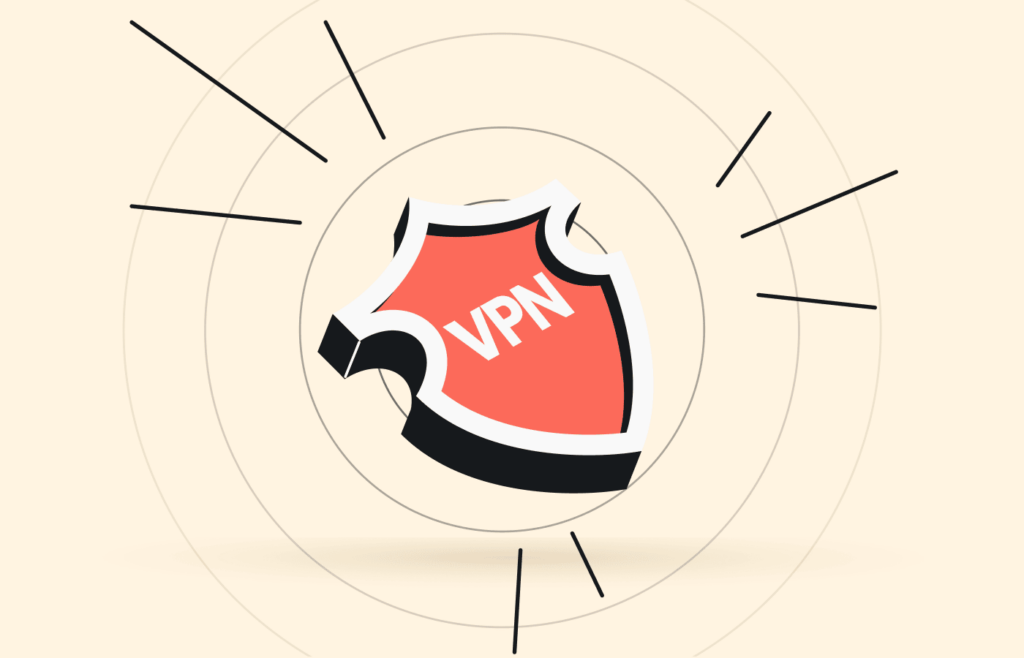
As a Canadian resident, you would need a VPN that will enable you to get around VPN restrictions and is also quick, dependable, and simple to use, so we have given careful consideration to the following:
- Encryption: A good VPN will encrypt your data with encryption protocols secured by an encryption key. Encryption technology is vital for a VPN to secure your private data. Hence, you must choose a VPN with various VPN protocols (the secret language it uses to connect its users to the internet) and a very high encryption standard.
- Server network: With a more extensive server network, the VPN makes it easier for you to unblock worldwide content. That means you can access geo-restricted content and bypass online censorship in Canada or anywhere else when the VPN has an extensive server network spread across many countries.
- Privacy: A good VPN will not compromise your data privacy. Without privacy, hackers are privy to your information, and your online activities are not secure. In addition, the no-logs policy is a must, as VPNs with this policy do not log any of your data. A no-logs policy is a promise by the VPN that it will never store data or even log it.
- Customer service: Speed is the name of the game regarding customer service. You want to choose a VPN whose customer service is accessible and operates 24/7. Top VPN providers offer live chat as the primary form of customer service.
- Speed: Everyone dislikes a slow connection. When choosing a VPN, you need to look for one that provides options and has excellent speed because you do not want one that will make browsing difficult or impossible.
While you may want to use a free VPN, remember it has limitations. So, when you wish to bypass censorship in Canada or any other region, choose an affordable VPN that also scores high on all the mentioned features.
Top 3 VPNs to bypass censorship in Canada Today

Thankfully, some robust VPN service providers exist today, offering complete online privacy to users, even in Canada. You can check out this detailed list of the best Canada VPNs to choose one. Yet, as quick recommendations, here we list the top three VPNs you can use in Canada.
1. NordVPN

The best VPN service to bypass internet censorship and restrictions in Canada. It boasts reliable performance and provides top-notch privacy and security.
Pros
- Ad blocker and malware protection features
- Fully supports torrenting
- Quick connection speeds
Cons
- Not particularly mobile-friendly
NordVPN is a user-friendly VPN that is rich in features. Its high speed and excellent encryption make it perfect for unblocking content from anywhere worldwide. Its different protocols and AES-256 encryption also protect you from online threats. You can also use the MultiHop for increased anonymity to run your internet connection between two servers.
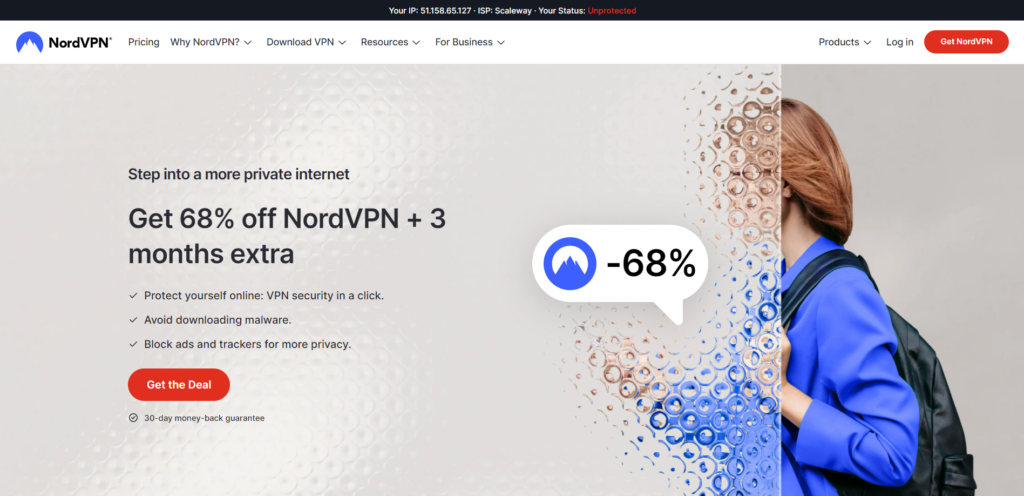
NordvPN’s server obfuscation allows you to use streaming platforms like Netflix, which has been trying to block VPNs. In addition, the software is easy to navigate and even allows cryptocurrency as a payment method for purchasing your VPN.
NordVPN’s headquarters is also in Panama, a privacy-friendly country without mandatory data retention laws and any legal jurisdiction from the 14 Eyes surveillance alliance. As a result, NordVPN is free to safeguard users’ online privacy without government interference.
2. Surfshark

A budget-friendly VPN with several servers in Canada that gives you access to your favorite content without compromising your security.
Pros
- Provides excellent value at affordable pricing
- Unblocks major streaming platforms
- No slowdowns on internet speed
Cons
- The behavior of P2P servers is erratic
If you’re looking for an affordable VPN that is perfect for use in Canada, Surfshark is the right option. It offers all the necessary features, from a reasonably excellent server network to split tunneling and a kill switch.
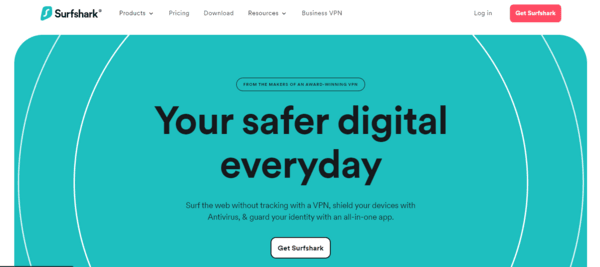
Surfshark is the best VPN choice for value because it offers plenty of features for a great price. It also has a no-logs policy and can unblock streaming sites like Netflix. It also provides MultiHop and rotating IPs to help you bypass even the most aggressive internet restrictions in Canada or abroad.
3. CyberGhost

Another affordable VPN service that works well in Canada. It is very user-friendly, and offers a 24-hour no-credit card free trial.
Pros
- Good for beginners due to user-friendly apps
- Offers limited free trial
- Affordable cost
Cons
- Speeds not good for gaming
Though low-priced, the CyberGhost VPN is reliable, and confident that it offers a 45-day money-back guarantee. They also provide a network of over 9,500 servers.
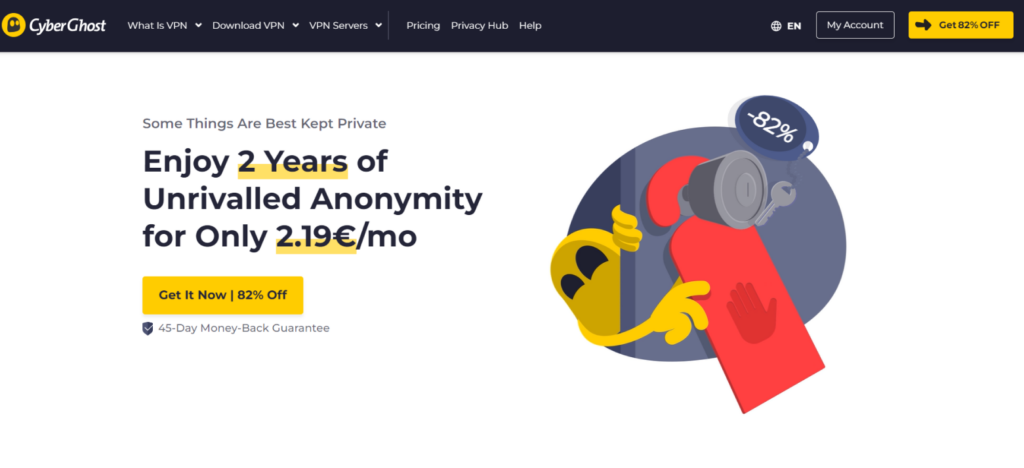
It also has strong security and privacy measures that ensure your safety online. CyberGhost VPN features include an automatic kill switch, advanced encryption, leak protection, split tunneling, and an ad blocker.
It works perfectly in Canada and offers all the features you need to bypass online censorship. In addition, a single account supports up to seven connections simultaneously.
FAQs
Yes, VPN use is legal in Canada. However, streaming services such as Netflix are actively pushing against VPNs.
No, Canada does not censor Google. On the contrary, they provide services without restrictions.
Yes. Section 2 of the Canadian Charter of Rights and Freedoms states that freedom of expression is a “fundamental freedom.”
Yes, you can. However, remember that most free VPNs may only give you some of what you need regarding security and server locations.
